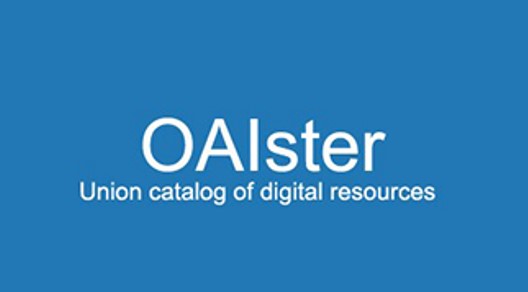A comparative analysis of inflation determinants in Morocco, Turkey, and Egypt using the Backward Elimination and Forward Regression Method
DOI:
https://doi.org/10.5281/zenodo.10579685Keywords:
Inflation; internal factor; external factor; backward elimination; forward; modeling.Abstract
This paper examines the impact of internal and external factors on the inflation rate for three emerging economies, Morocco, Egypt and Turkey. Using annual data, covering the period (2009-2022) after two crises; international financial crisis 2008 and covid’19 crisis. In this study, we use backward elimination and forward regression as econometric methods.
According to our estimation results, the variables that have a significance influence (a degree of significance lower than 0.05) and thus a significant relationship with the inflation rate, namely unemployment rate, exportations and broad money (M3) for Morocco; Real effective exchange rate (REER), external balance, broad money (M3) and Households and NPISHs Final consumption expenditure for Egypt; Importations, key rate, REER and broad money (M3) for Turkey. Consequently, the inflation rate is affected, in the three countries, by internal and external factors. However, when applying the second method, new explanatory variables emerge for Morocco, such as imports, households and NPISHs final consumption expenditure, and exports for Turkey. Overall and upon its findings, it is worth noting that Turkey is the country most affected by inflation, followed by Egypt and, lastly, Morocco.
Downloads
Published
How to Cite
Issue
Section
License

This work is licensed under a Creative Commons Attribution-NonCommercial-NoDerivatives 4.0 International License.























